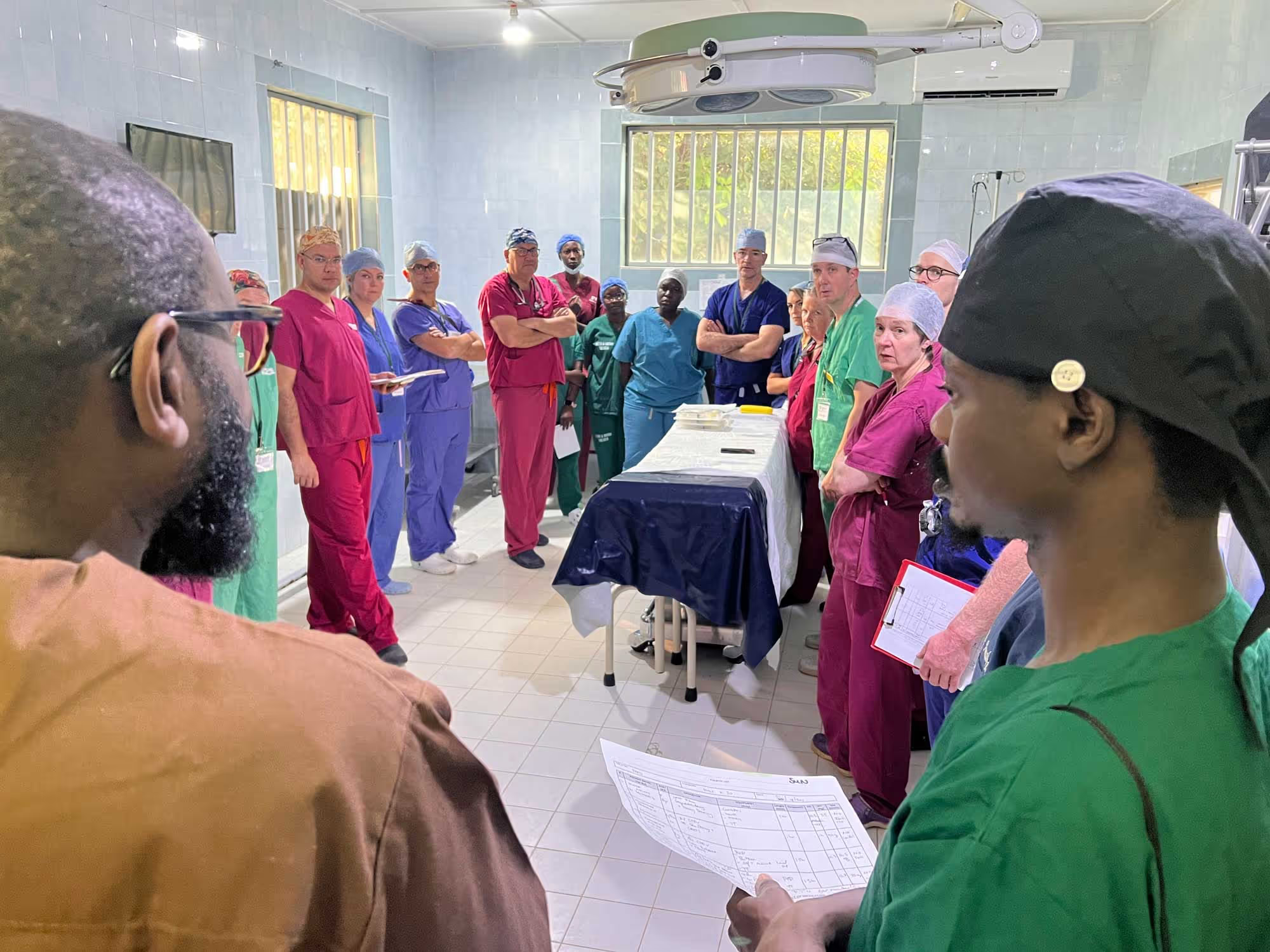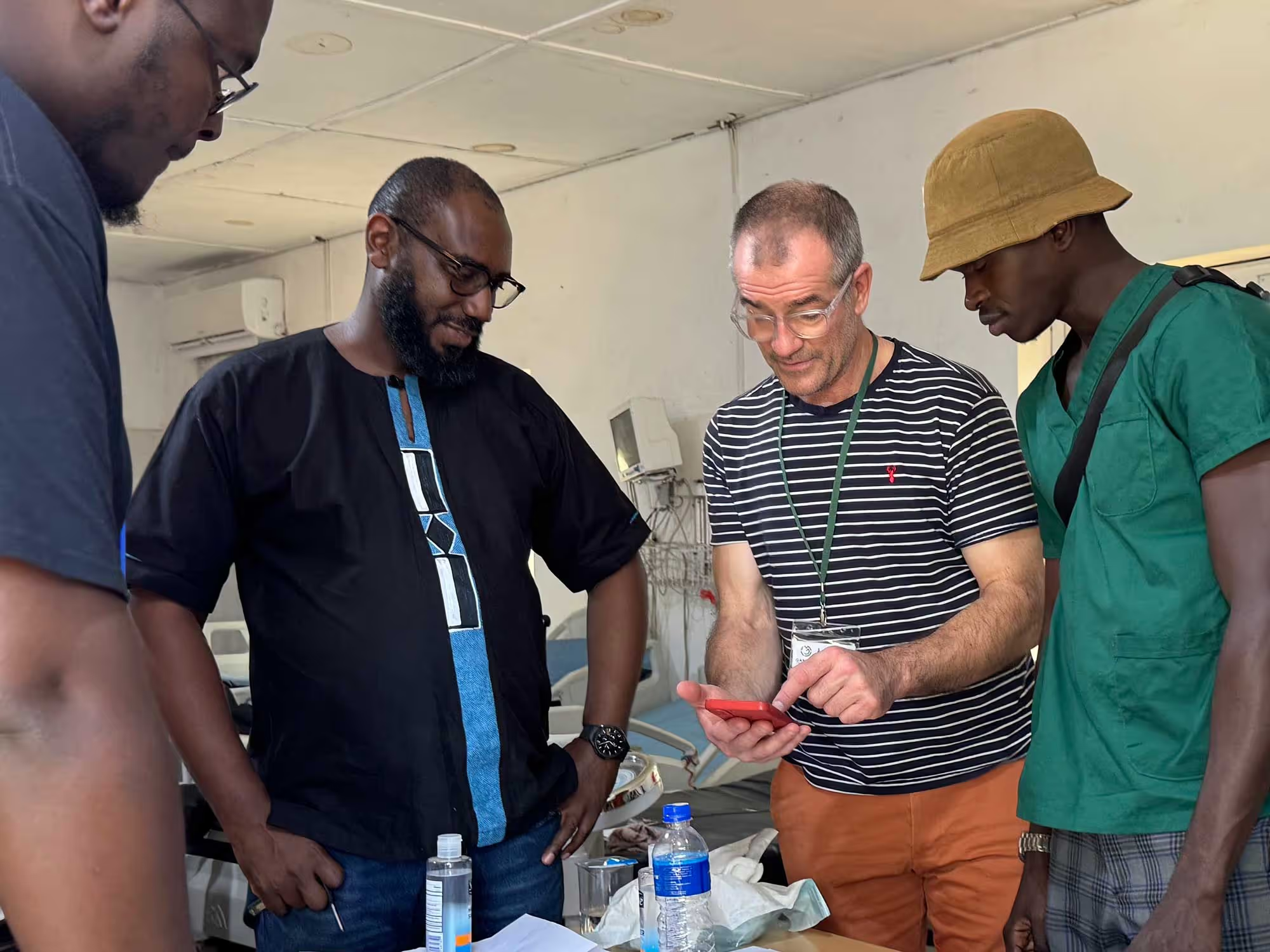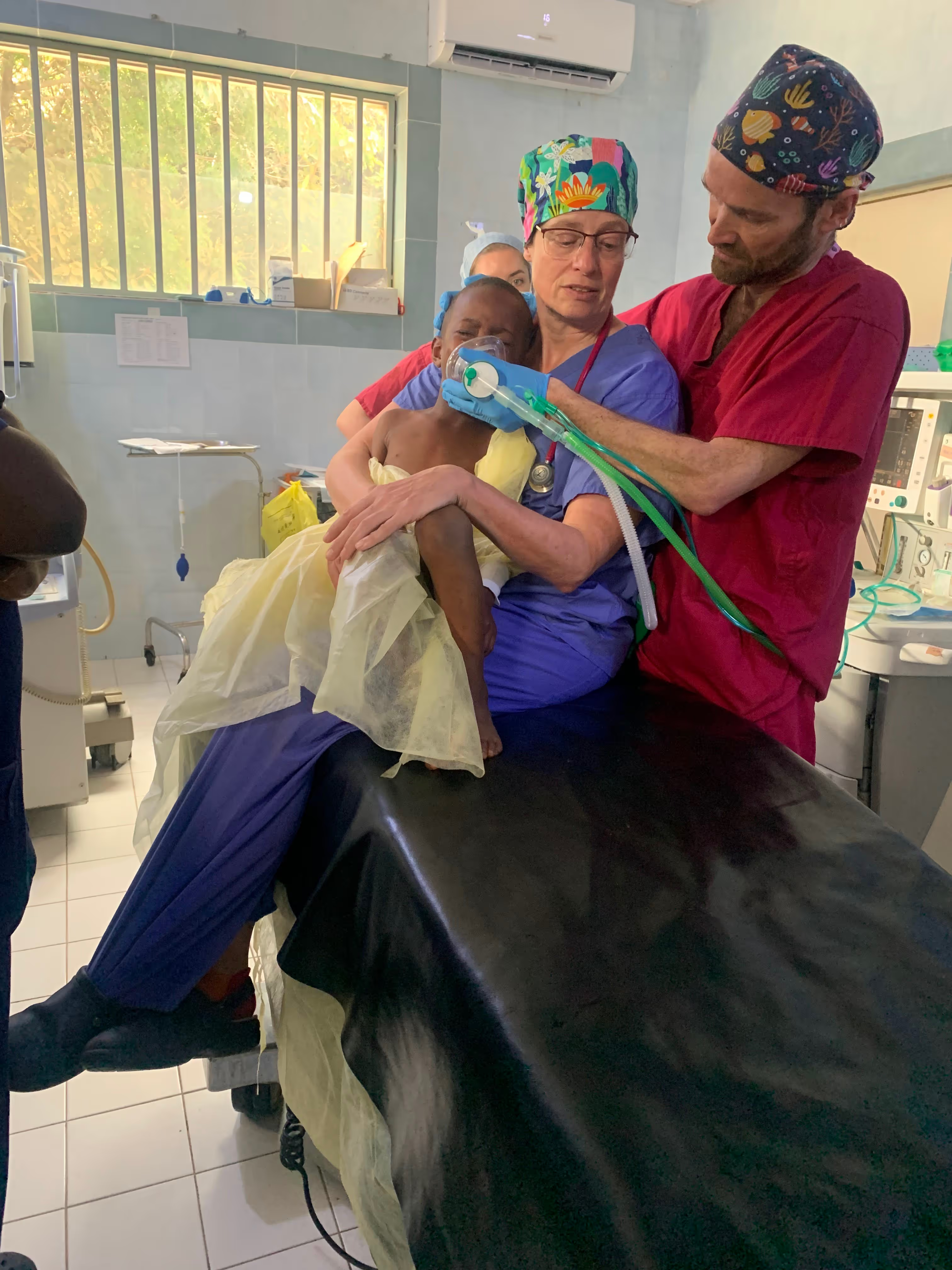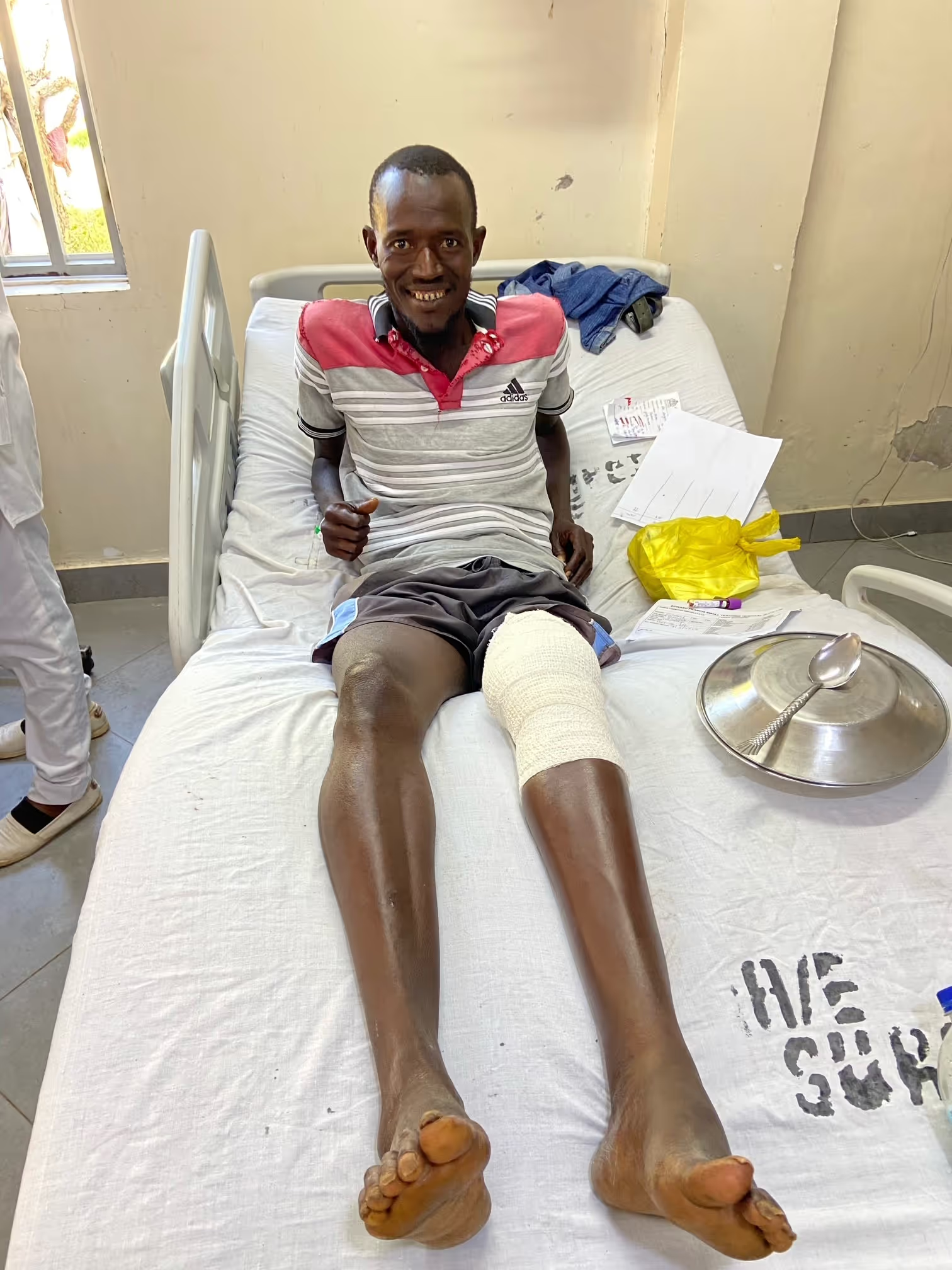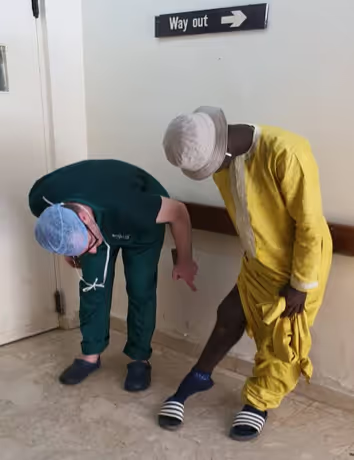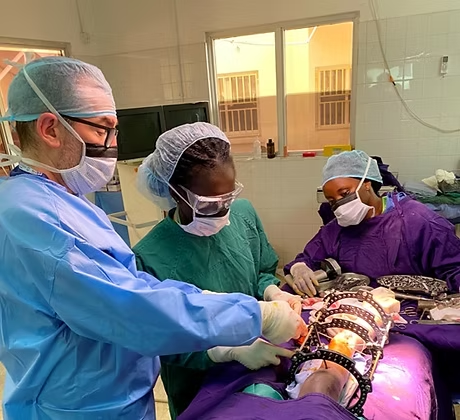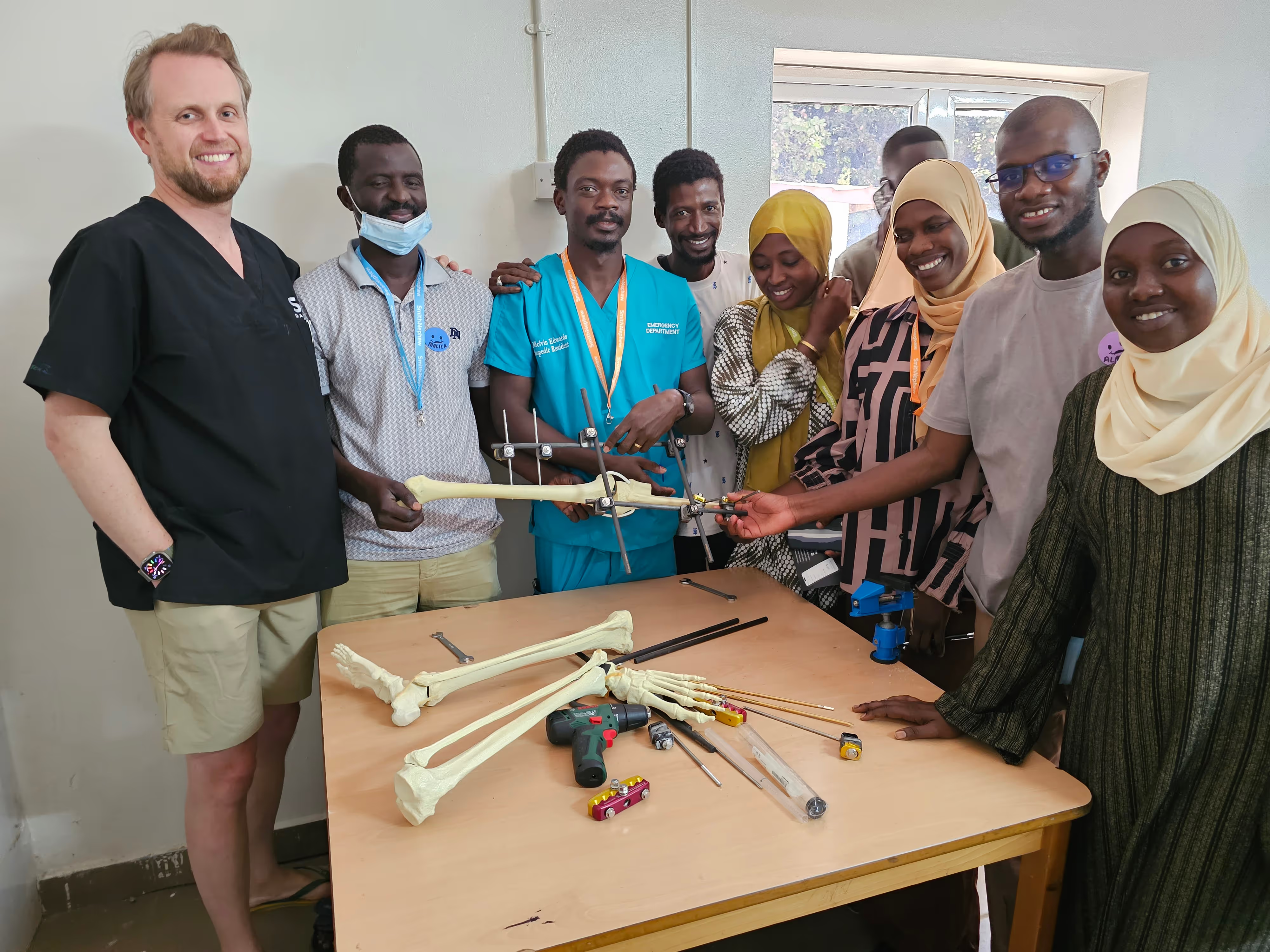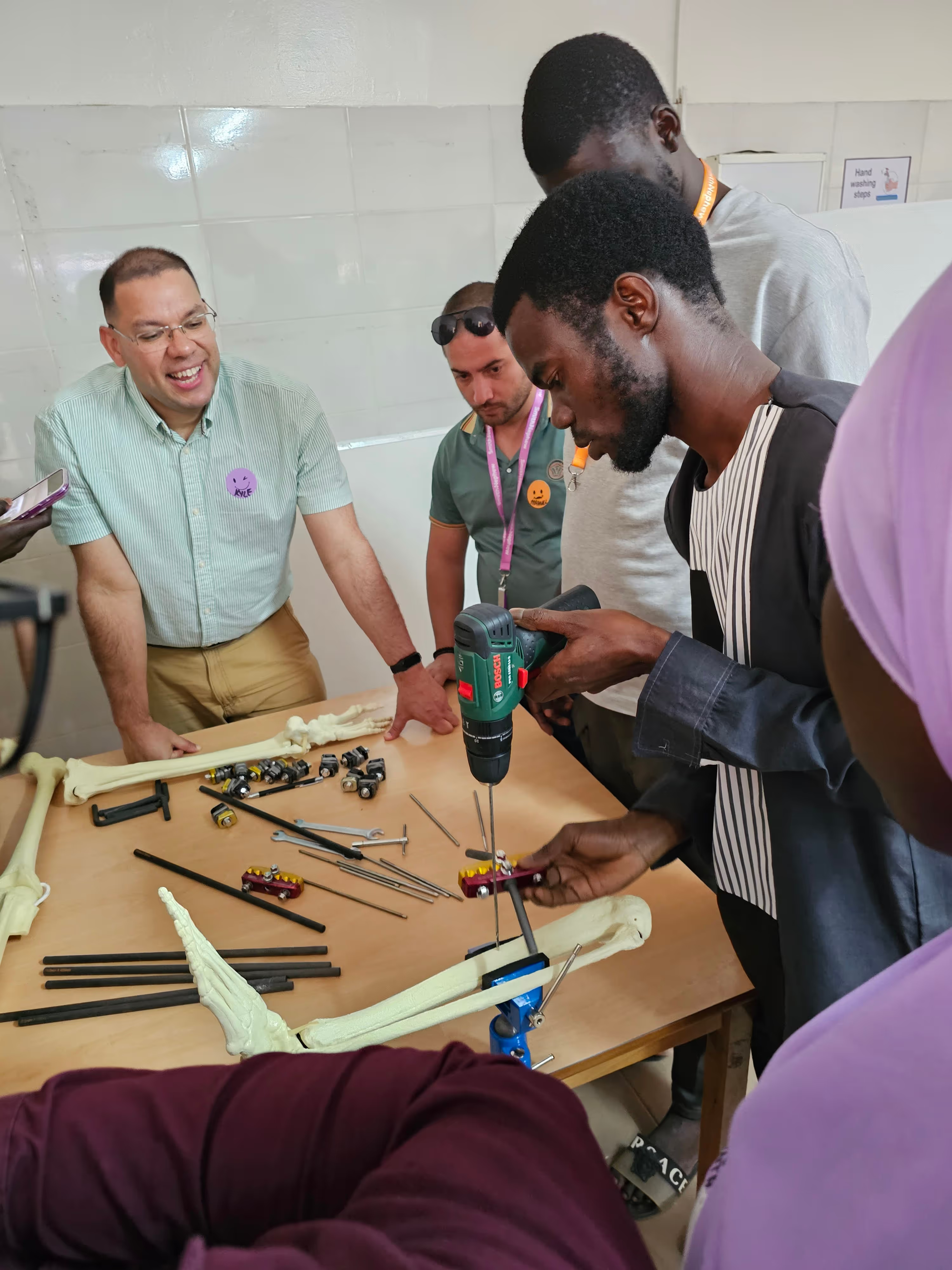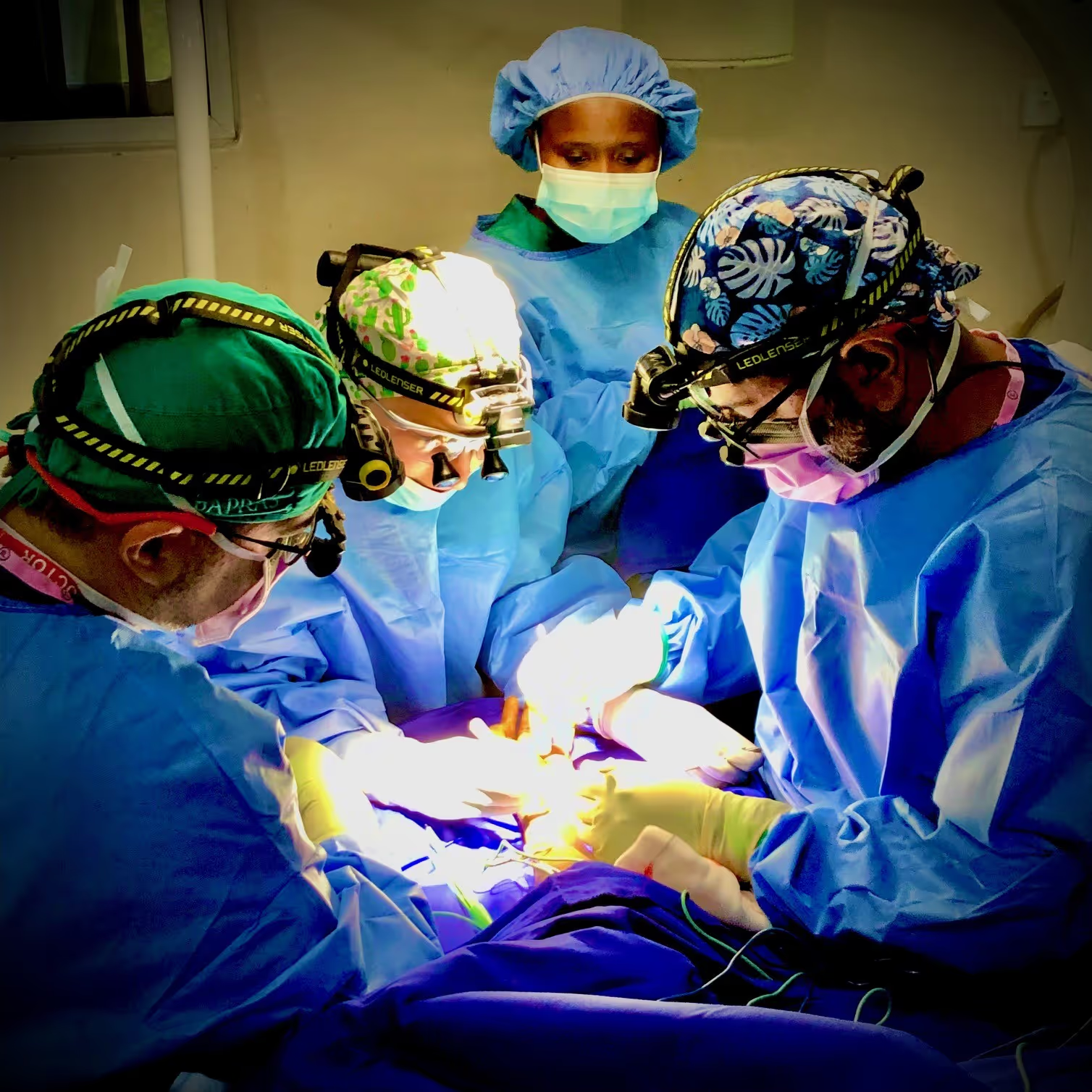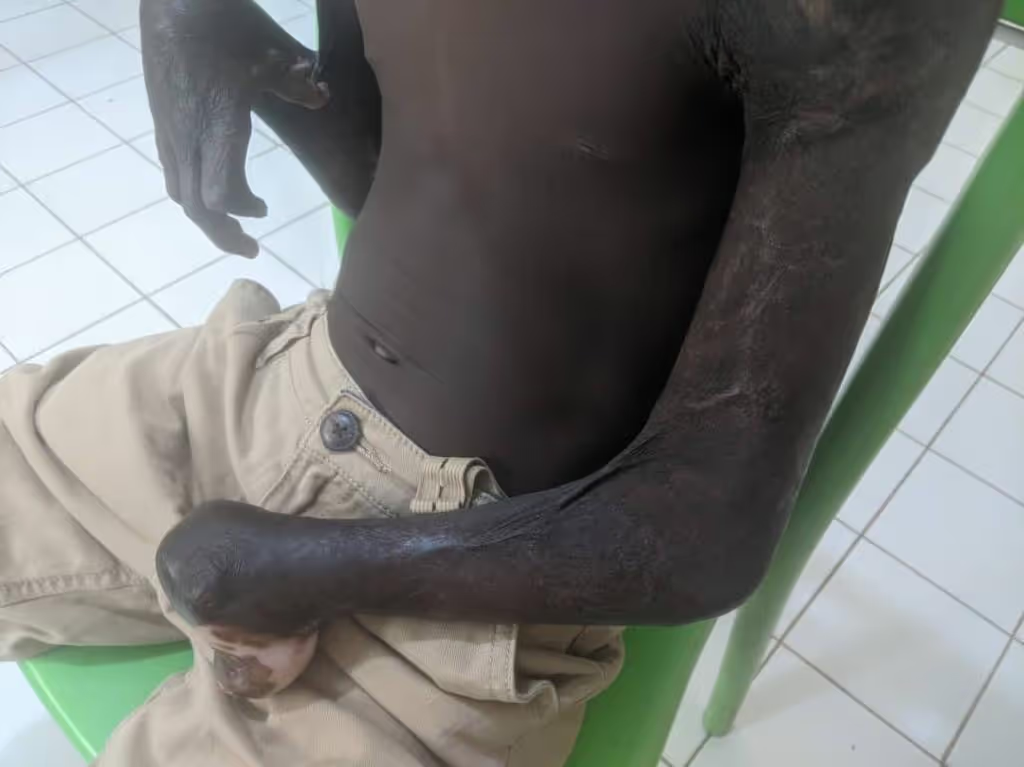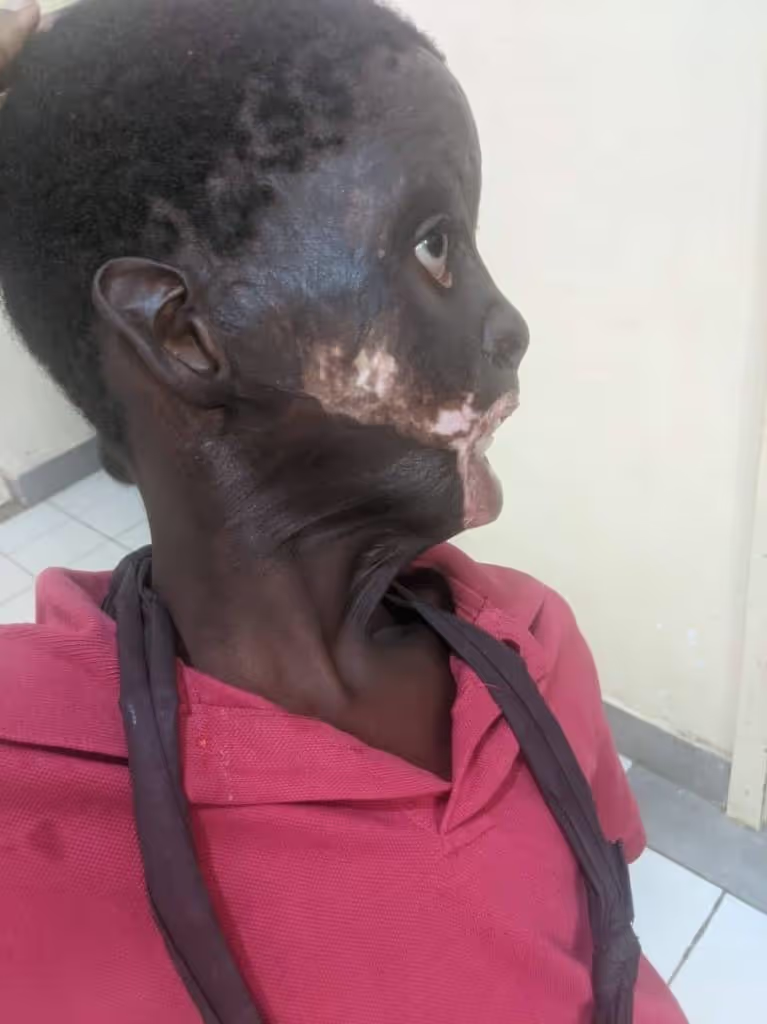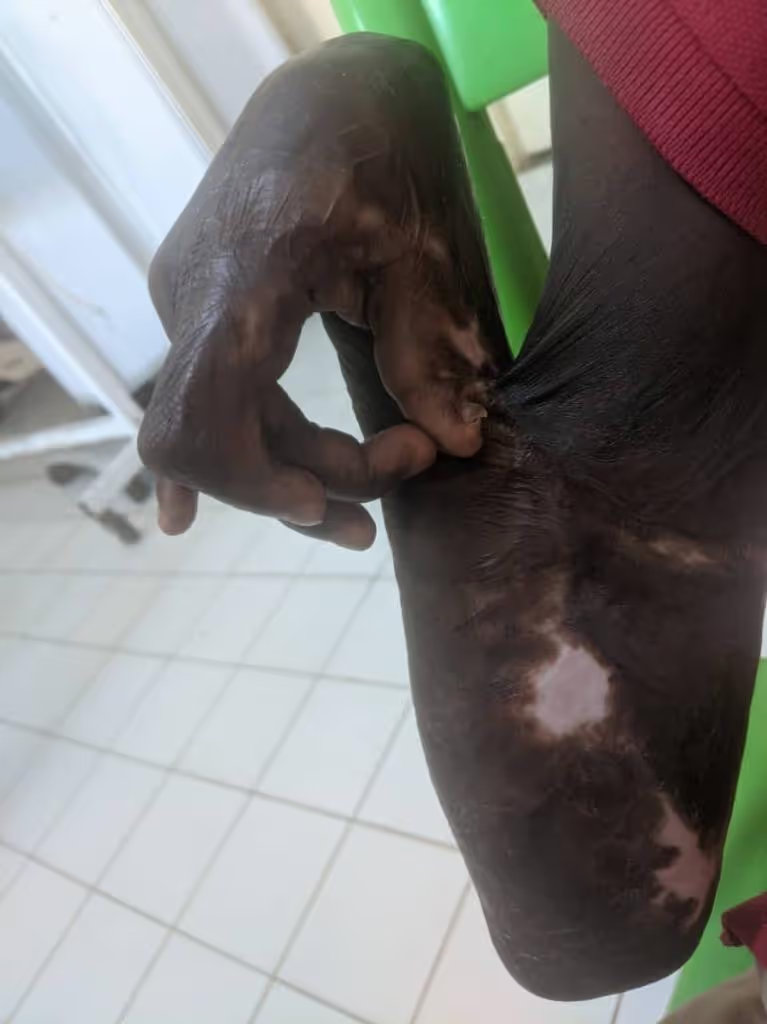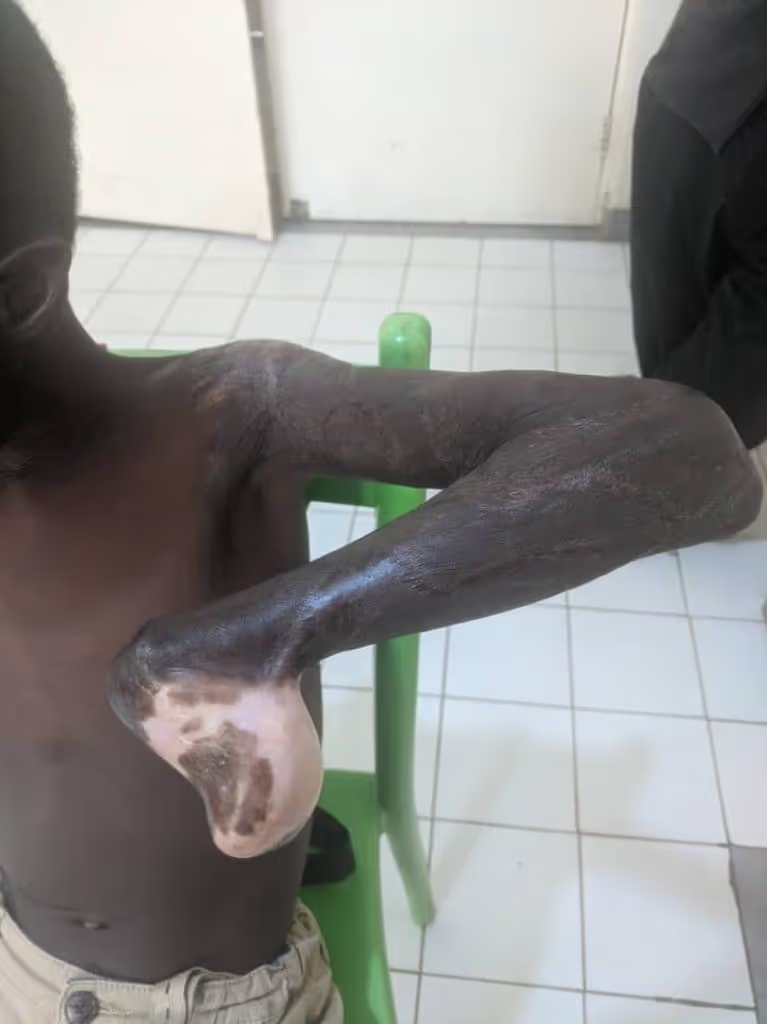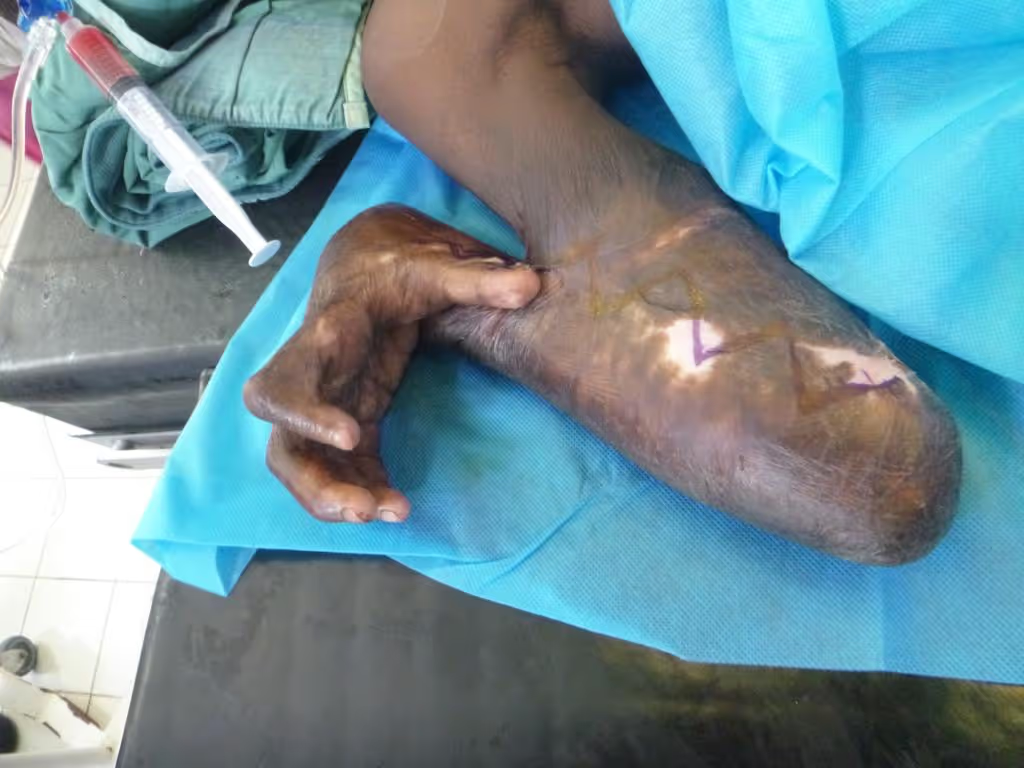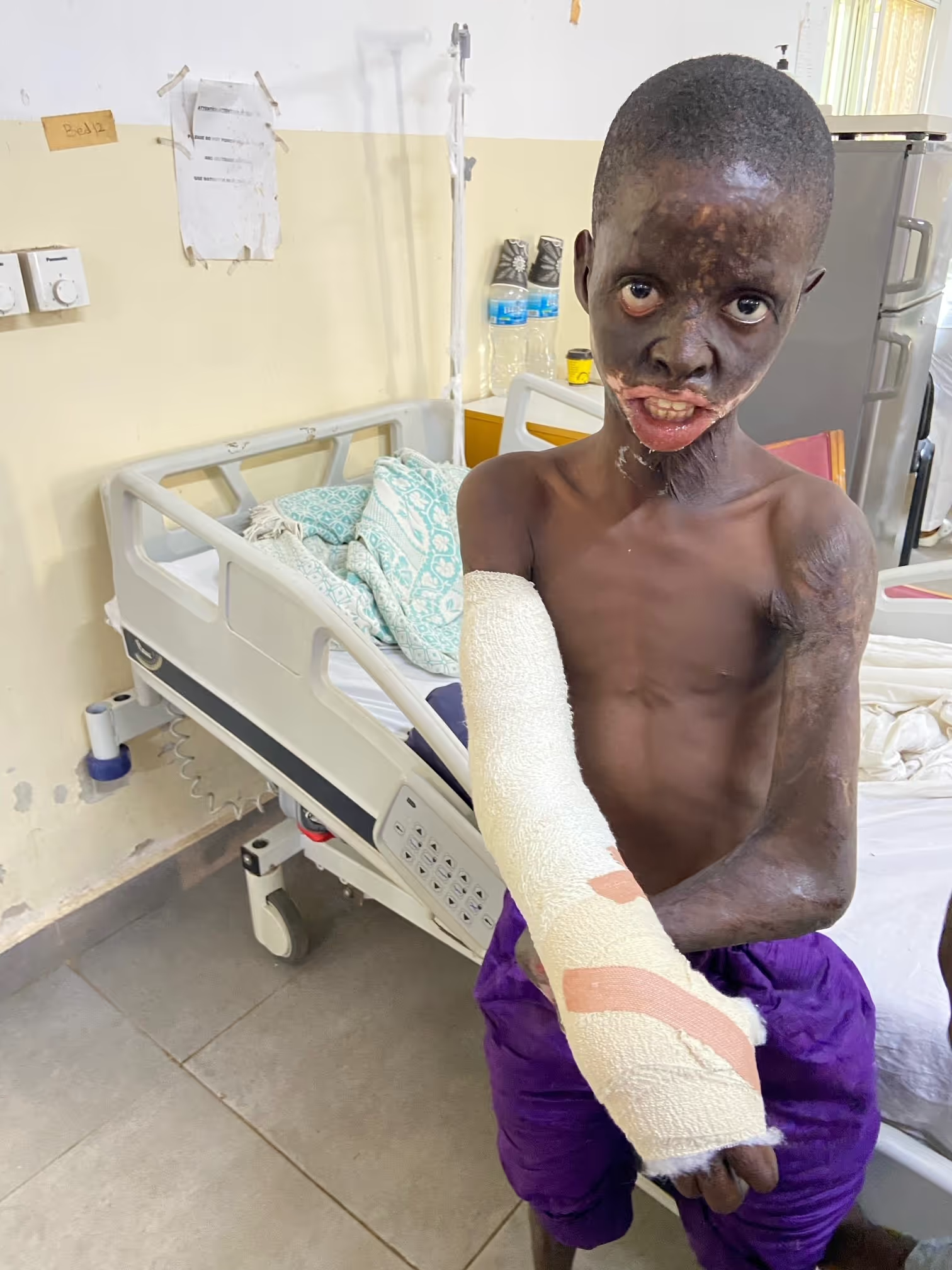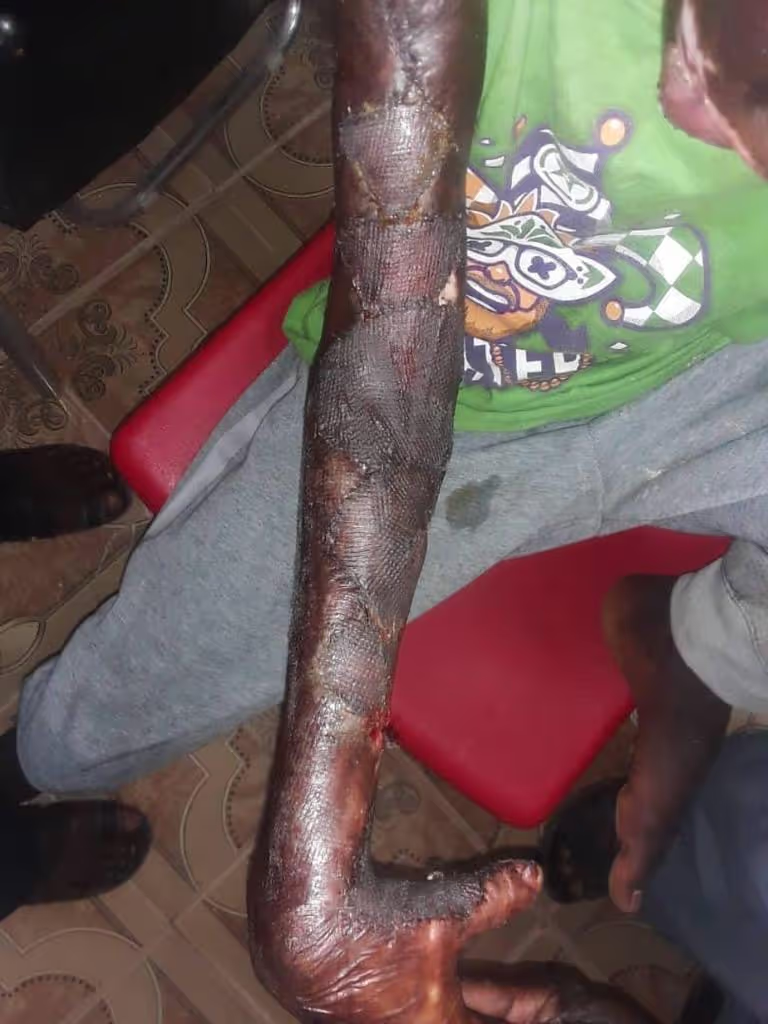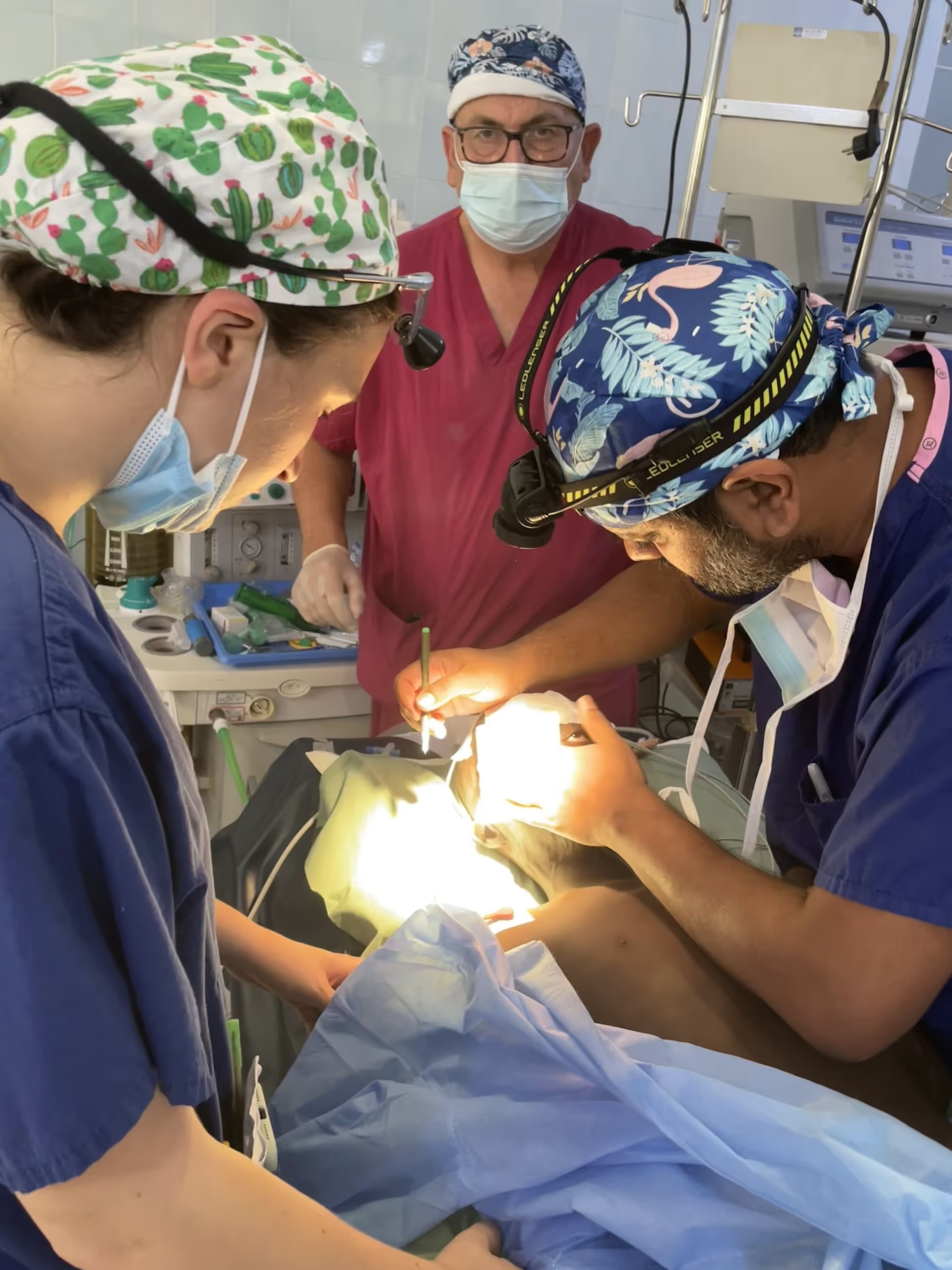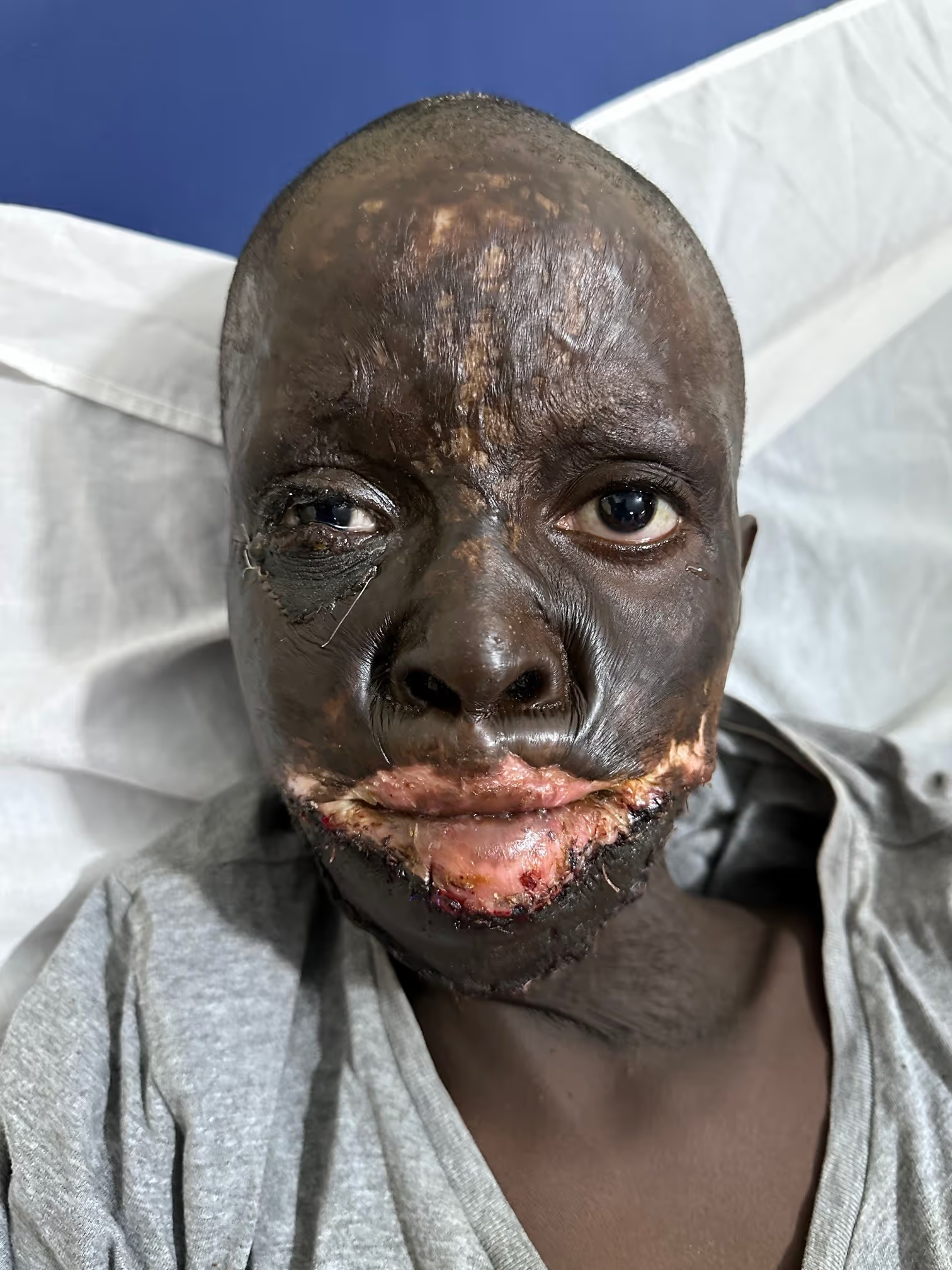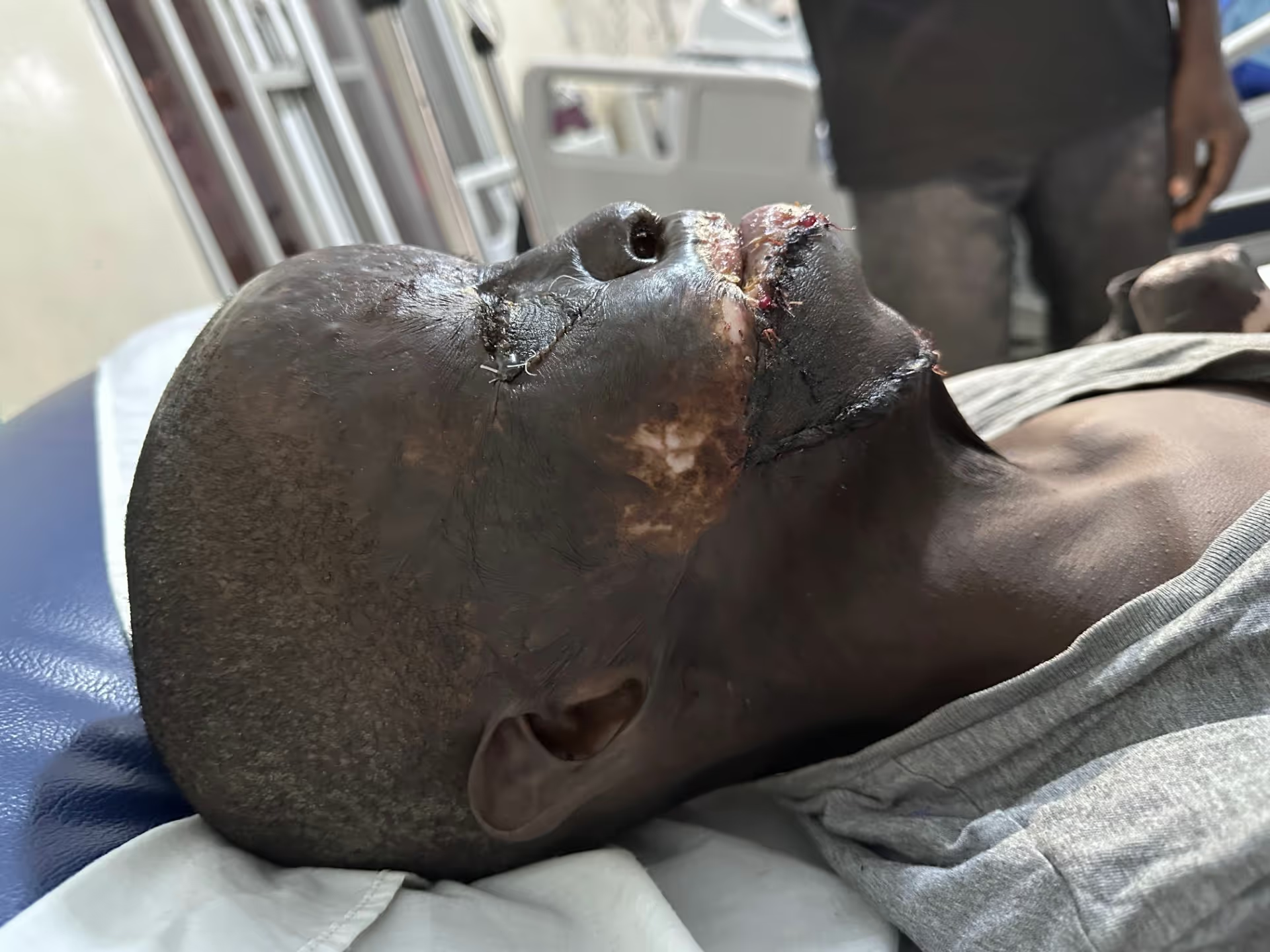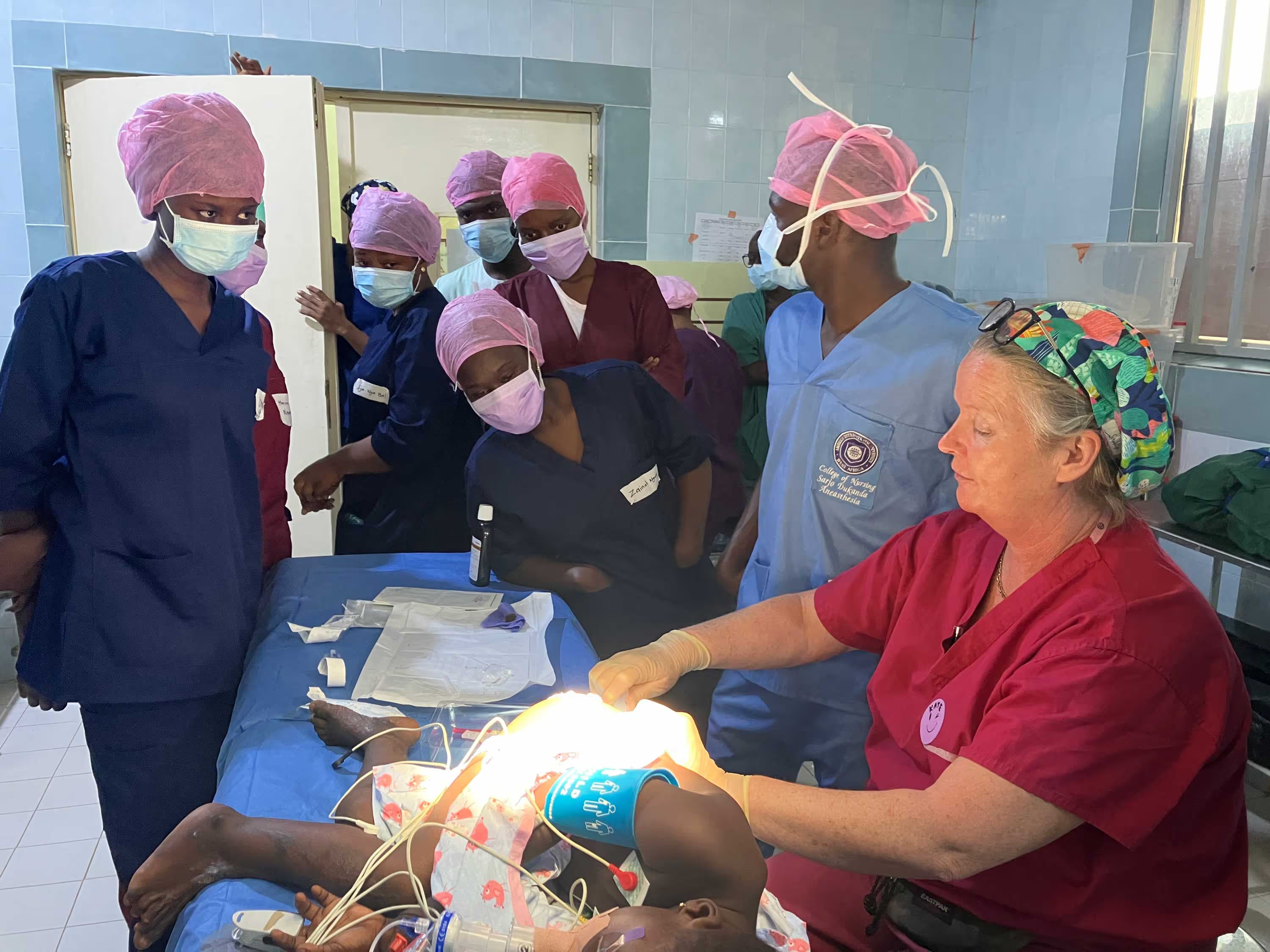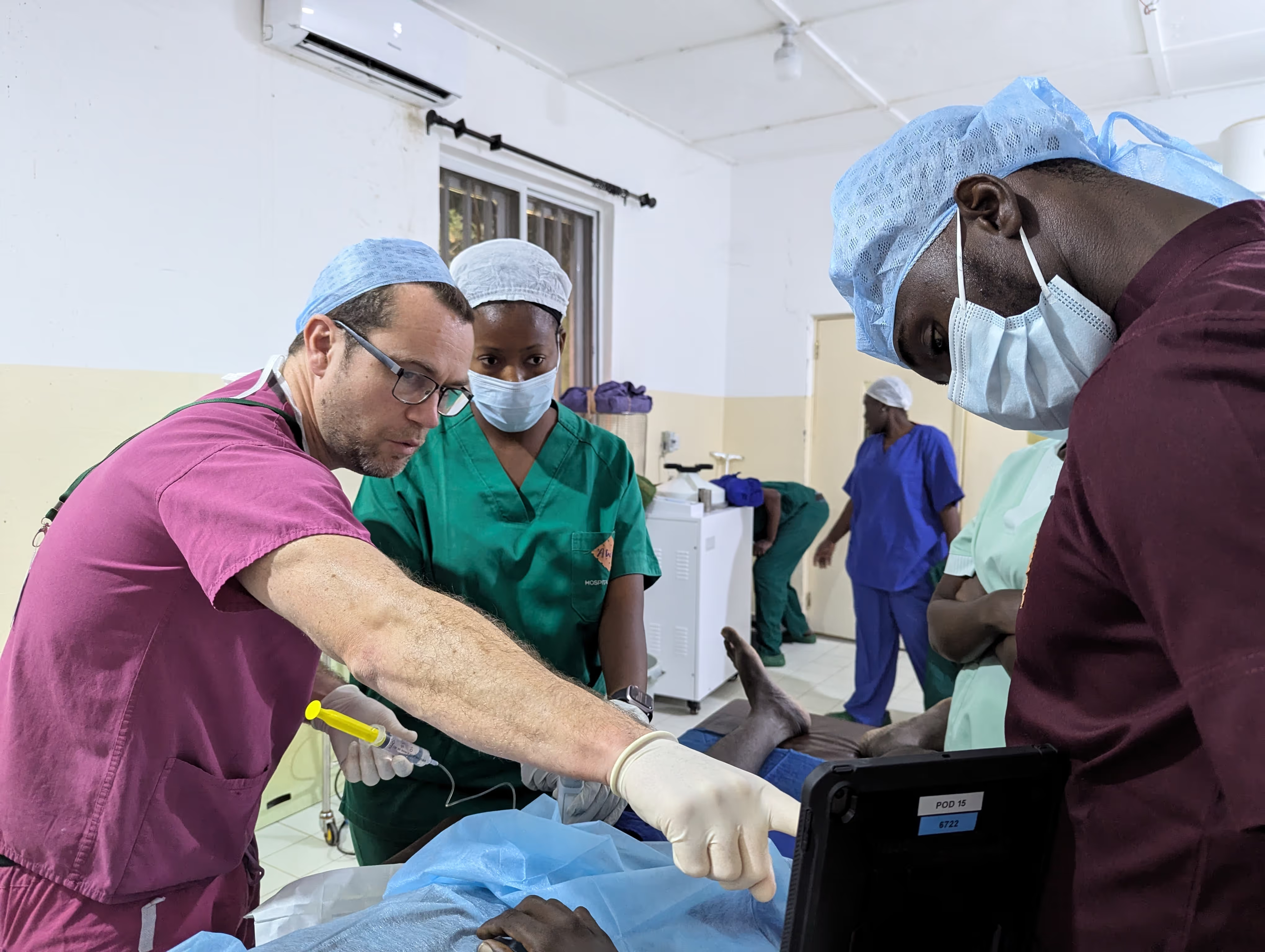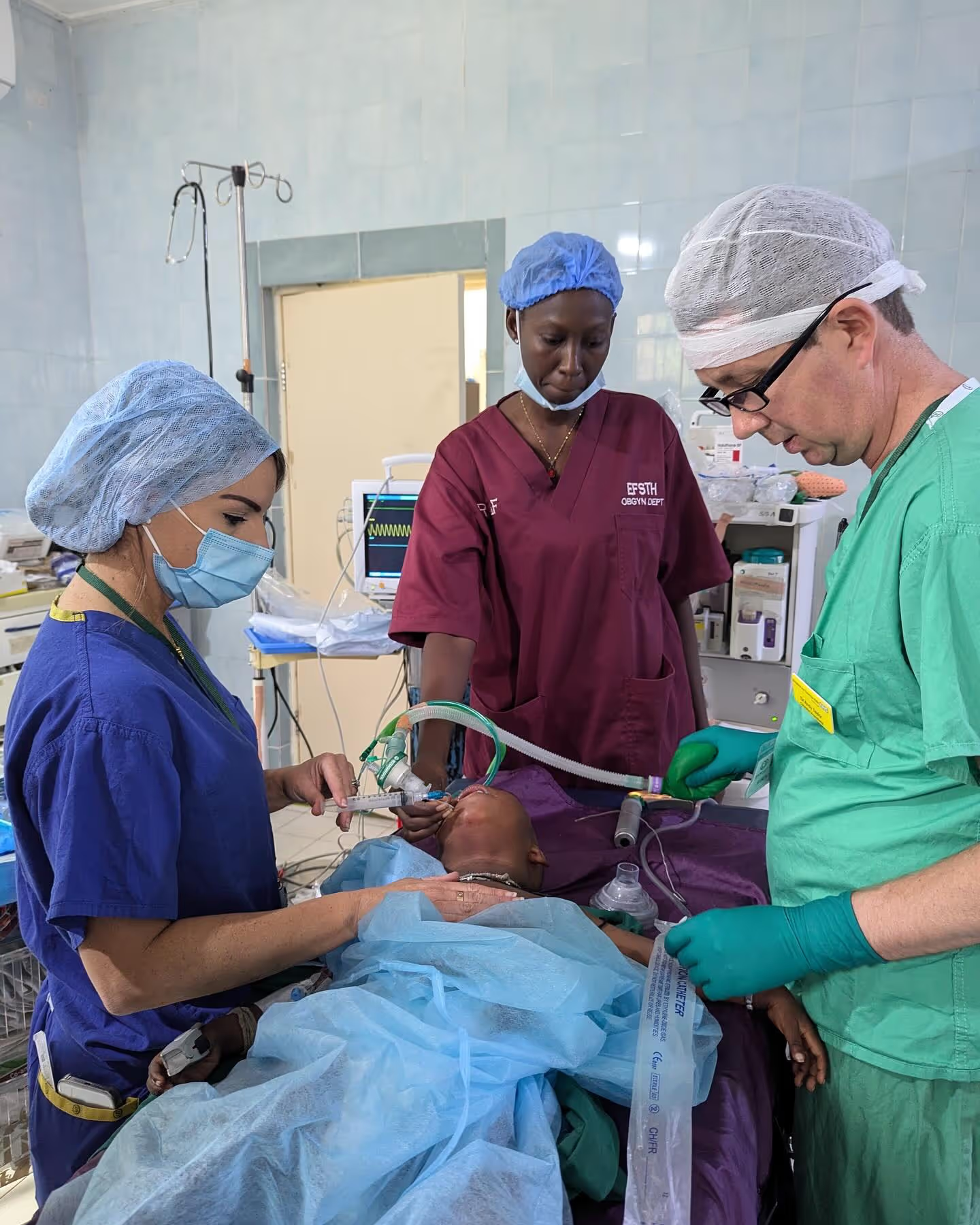It ranks among the poorest countries in the world with a Gross National Income per capita of less than $1,500. Less than half of The Gambia's population has access to electricity, and over a third of the country's urban population lives in slums.
3% of GDP is spent on healthcare compared to approximately 10% in Western Countries. There is a shortage of healthcare professionals. The Gambia has 0.1 physicians per 1000 people compared to approx. 3 per 1000 for western countries, one of the worst rates in the world. Because of the limitation of physicians people often seek treatment from Traditional Healers. This often leads to poor outcomes for patients.
